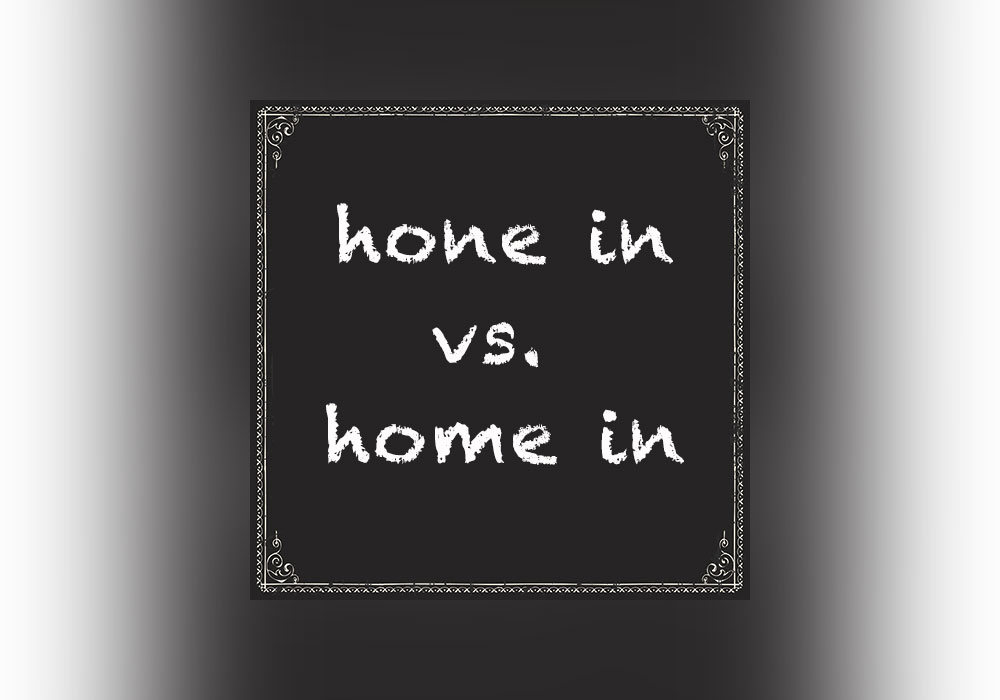Tag Archives: vocabulary
-
What’s The Word for More Than One Software?
The word software is a mass noun because it can be used to refer to a mass (or nonspecific number) of computing programs or products. Mass nouns function as both singular and plural nouns. They can describe either one item, multiple items of the same type, or an entire category of items. Some examples include bread, rice, hair, garbage, and ice. It isn’t necessary to add …
-
In Case Of vs. In The Event Of: Which One Is Correct?
Do you break the glass in case of emergency or in the event of emergency? The phrases in case of and in the event of are both prepositions. The first one means if it should occur. The second means if or when something happens. A preposition is a word or phrase that shows a relationship between two elements in a clause. Some common prepositions are …
-
Cue vs. Queue
When do you cue, and when do you queue? Cue typically refers to a signal that encourages someone to take an action, while queue indicates an ordered line or file. Both cue and queue are pronounced like the letter Q, and are considered to be homophones. Homophones are words that sound the same but have different meanings. Additionally, both cue and queue can be …
-
“May” vs. “Might”: What’s The Difference?
We often use the words may and might to describe things we think are possible or to ask others if we are allowed to do something. Are these two words completely interchangeable, or do they sometimes mean different things? In this article, we’ll examine the words may and might, explain the differences between them, and provide examples of how we typically use them in sentences. …
-
The Dictionary Difference Between Archaic And Obsolete
The meaning of these temporal labels can be somewhat different among dictionaries and thesauri. The label archaic is used for words that were once common but are now rare.
-
What Percent Of English Words Are Derived From Latin?
About 80 percent of the entries in any English dictionary are borrowed, mainly from Latin. Over 60 percent of all English words have Greek or Latin roots.
-
“Bug” vs. “Insect”
We tend to use the word bug loosely for any very small creature with legs. However, a true bug is defined as belonging to the order Hemiptera. These creatures characteristically have tough forewings and lack teeth. True bugs have a stylet (a mouth shaped like a straw) that they use to suck juices from plants. Bugs are a type of insect, which belong to the class Insecta, and they are characterized by three-part bodies, usually …
-
Basic Spelling Rules Explained
You can teach yourself to be a better speller. It is important to realize that learning to spell is a process that is never complete. Spelling is something that everyone has to pay attention to and keep working at it.
-
The 8 Parts Of Speech In English
There are eight major parts of speech. Nouns name persons, places, things, ideas, or qualities, e.g., Franklin, boy, Yangtze River, shoreline, Bible, desk, fear, happiness. Pronouns usually substitute for nouns and function as nouns, e.g., I, you, he, she, it, we, they, myself, this, that, who, which, everyone. Verbs express actions, occurrences, or states of being, e.g., be, become, bunt, inflate, run. Adjectives describe or modify nouns or pronouns, e.g., …
-
“Attorney” vs. “Lawyer”: What’s the Difference?
The words lawyer and attorney are often used as general terms for a person who gives legal advice and aid and who conducts suits in court. What’s the difference between an attorney and a lawyer? The American Bar Association does not differentiate between a lawyer and attorney. The ABA uses these terms interchangeably to refer to a person who can practice law. The American Bar …
-
Hone In vs. Home In
Does a plane home in on a target or hone in on it? Does a musician hone her skills or home them? Are these two verbs interchangeable or do they have discrete meanings? Today we explore the origins and uses of hone and home. Hone entered English as a noun for a pointed rock used as a landmark. In the 1400s, it began to be …







